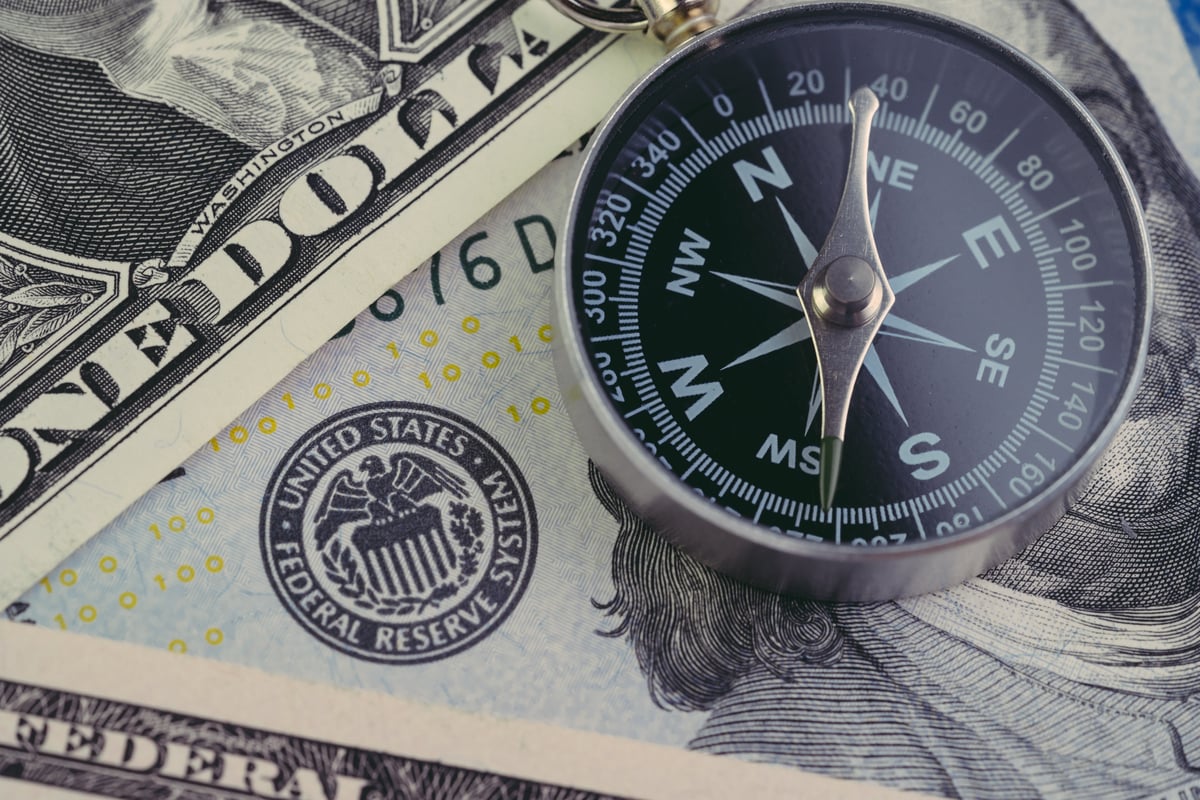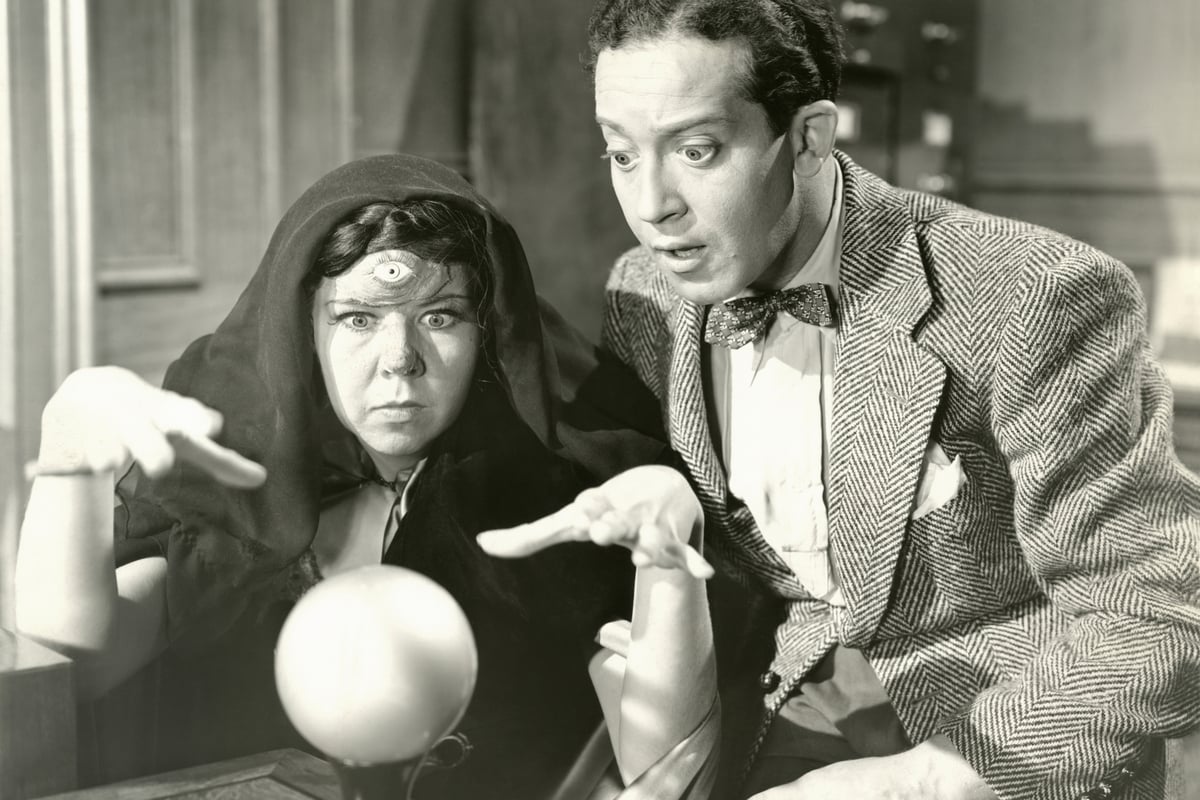Robert E. Wright
Drain the Swamp but Spread the Stench
If we must continue to suffer the existence of a large administrative state, it would only be “democratic” to ensure that every American has a chance to serve in it.
We Need More Free-Market Experiments Now
An idea to disrupt cloistered markets, ideologically-induced psychological barriers, and suboptimal policies through radical innovation.
Banking with the Amish
Americans don’t need government plans to solve problems; they just need to be allowed to innovate without undue restriction in an environment where property rights find sufficient protection.
How Much Independence Has Fed Lost?
The genius of the recent NBER paper, by Duke’s Francesco Bianchi and London Business School’s Howard Kung and Thilo Kind, is that it directly measures the effect of President Donald J. Trump’s tweets critical of the Federal Reserve on the Federal Funds Rate, a key overnight interbank interest rate.
We Don’t Have a Real Market for Health Care in the U.S.
Few of us have true insurance, but rather just access to a giant paperwork mill.
Firearms and the Problem of Rights
Even if we somehow magically made all the guns go away, a few of our laziest, dullest mass murders might be deterred, but many would deploy instead even deadlier and more indiscriminate weapons of mass murder.
Favoritism Trumps Scholarship in Academic Hiring
My friend’s letter captures the essential reason why higher education today provides students with relatively low value, i.e., high cost for the minimal skills created: many colleges and universities reward conformity instead of productivity, and collegiality over competition.
For Politicians, Bad Ideas are Low Risk and High Reward
Is there any way that they can be held accountable for their bad ideas?
What Economic News Can You Trust?
In the advertising-driven market of Internet news, the incentives of mainstream media to say what is true are misaligned.
Risk, Uncertainty, and the Probability of Recession
When businesses face uncertainty they tend to play it safe and hold back from making any big moves that entail risk but might reinvigorate the economy. The same can be said for consumers.










